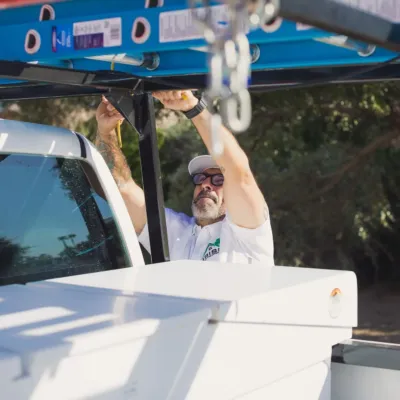
Reasons TPO Roofing is a Popular Choice for Commercial Buildings
Professional commercial roofing contractors recognize numerous advantages that make TPO an excellent option for modern construction and renovation projects.
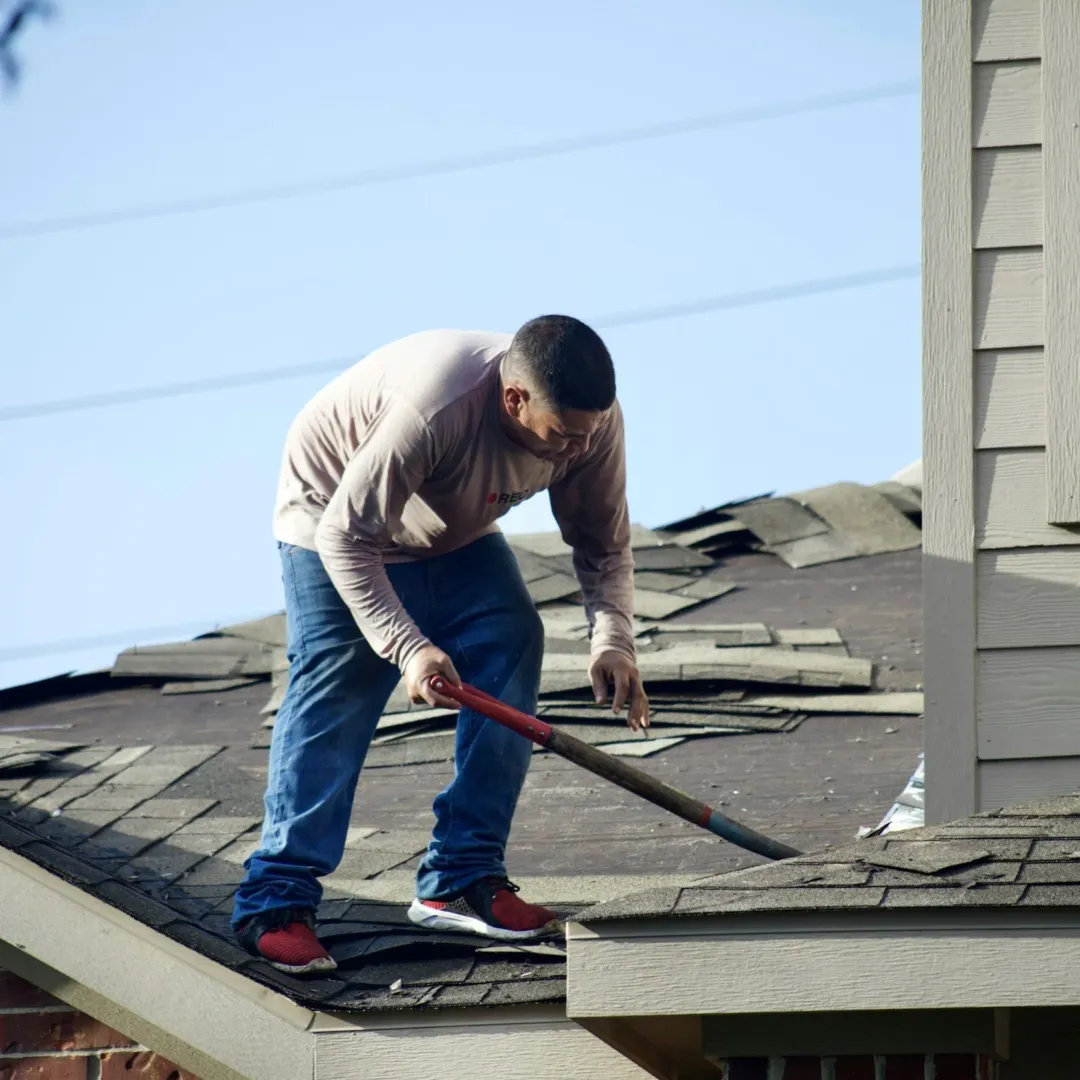
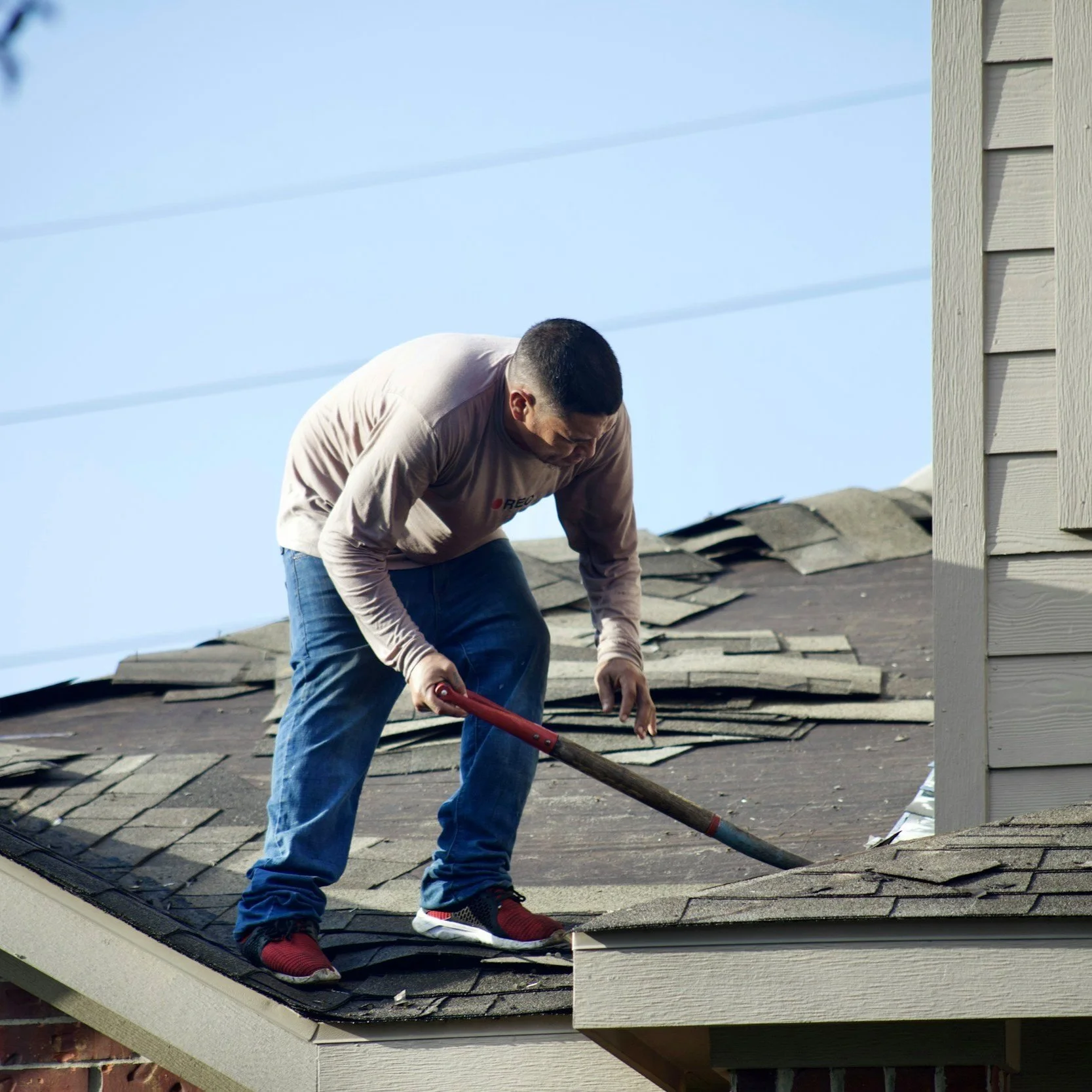
Often associated with flat or low-slope roofs, rolled roofing can be an effective solution for various roof types when applied correctly by skilled professionals.
Rolled roofing is a practical, budget-friendly solution for many property owners and building professionals. While it is most commonly associated with flat or low-slope roofs, rolled roofing can be used on a variety of roof types when installed by skilled professionals. Understanding what rolled roofing is, the types available, its materials, costs, and best uses can help you decide if this roofing option is right for your property.
Rolled roofing, sometimes called mineral-surfaced roofing, is a flexible roofing material that comes in large rolls. Each roll typically covers about 100 square feet and is created for fast and easy installation. The material is made by saturating a base mat—either organic felt or fiberglass—with asphalt, then coating it with weather-resistant mineral granules. The result is a durable, water-resistant sheet that can be unrolled and applied directly to the roof deck.
Rolled roofing is available in a range of colors and surface textures, allowing property owners to select an option that best matches their building’s appearance and functional needs.
There are several types of rolled roofing, each suited to different applications and performance requirements:
Asphalt roll roofing: The most common type, made from an asphalt-saturated base (felt or fiberglass) topped with mineral granules for added protection.
Saturated felt: Used primarily as an underlayment rather than a finished roof surface, this material is saturated with asphalt but lacks the mineral surface.
Mineral-surfaced roll roofing: Features a protective layer of mineral granules to enhance durability and weather resistance.
Smooth-surfaced roll roofing: Lacks the granule layer and is used primarily for temporary roofing, flashing, or as an underlayment.
Self-adhesive rolled roofing: Comes with a peel-and-stick backing for easier, faster installation without the need for hot asphalt or adhesives.
Most rolled roofing is made from either organic felt or fiberglass mats, both of which are saturated with asphalt for waterproofing. The top surface is coated with mineral granules, which protect against UV rays, weather, and physical wear. Some specialty rolled roofing products may include additional layers or coatings for enhanced performance, such as reflective surfaces for energy efficiency.
The primary materials used in rolled roofing include:
Asphalt: Provides waterproofing and flexibility.
Organic felt or fiberglass: Serves as the structural base.
Mineral granules: Offer UV protection and durability.
Adhesives or self-sealing strips: Used in some products for easier installation.
Rolled roofing is especially popular for:
Flat roofs: Its seamless application makes it ideal for flat surfaces, creating a continuous waterproof barrier.
Low-slope roofs: Roofs with a pitch of 2:12 or less benefit from rolled roofing’s water-shedding properties.
Sheds, garages, and outbuildings: Its affordability and ease of installation make it a proactive choice for these structures.
Temporary structures: Rolled roofing is often used for short-term or emergency roofing solutions.
Commercial buildings: Some commercial roofs use rolled roofing as a cost-effective alternative to more expensive systems.
While both roof shingles and rolled roofing are made from asphalt-based materials, they differ in application, appearance, and durability.
Roof shingles are installed in overlapping rows, creating a layered effect that is both attractive and effective at shedding water. Shingles are more durable and longer-lasting than rolled roofing, making them the preferred choice for most residential homes.
Rolled roofing is applied in large sheets, making installation much faster and less labor-intensive. However, it tends to have a shorter lifespan and is less visually appealing than shingles. Rolled roofing is best suited for utility buildings, flat or low-slope roofs, and projects where cost and speed are top priorities.
While traditionally available in black or gray, rolled roofing now comes in a wider range of colors and finishes. Lighter colors can help reflect sunlight and decrease heat absorption, making them a good choice for warmer climates. Some manufacturers offer specialty colors to better match the exterior of your building or to meet local building codes and aesthetic preferences.
One of the main perks of rolled roofing is its affordability. On average, rolled roofing costs significantly less per square foot than shingles, tile, or metal roofing. The material itself is inexpensive, and the installation process is faster and less complex, resulting in lower labor costs.
Roof size and complexity
Type and quality of rolled roofing material
Local labor rates
Removal and disposal of any old roofing
For most projects, rolled roofing is one of the most budget-friendly roofing options available.
Rolled roofing is a top choice for budget-conscious property owners. It is generally much less expensive than other roofing materials. This perk makes it ideal for sheds, garages, and other secondary structures, as well as for homeowners looking for a rapid, affordable roofing solution.
Professional roofers can install rolled roofing quickly and efficiently. The material is simply rolled out onto the roof deck and secured with nails or adhesive. This straightforward process minimizes installation time and labor costs, making it possible to cover large areas in a short period.
When installed by experienced professionals, rolled roofing forms a continuous, durable barrier against water infiltration. The mineral surface also provides protection against UV rays, kicking out the life of the roof and decreasing the risk of leaks or water damage.
Rolled roofing requires minimal maintenance. Its smooth, uniform surface is less likely to trap debris, and its durability means it can withstand everyday wear. Occasional inspections and minor fixes are usually all that’s needed to keep the roof in good condition.
While not as energy-efficient as some specialized roofing materials, rolled roofing can still contribute to a building’s overall energy performance. Light-colored or reflective rolled roofing options help reduce heat absorption, potentially lowering cooling costs in warm climates.
Rolled roofing can be customized to perform well in a variety of environments. In hot, sunny regions, light-colored or reflective options help keep buildings cooler. In colder climates, proper installation and additional weatherproofing measures can prevent ice dams and water infiltration.
Although rolled roofing doesn’t offer the same variety as shingles or tiles, it is available in an increasing range of colors and finishes. This perk allows property owners to select a product that complements their building’s style. Professional roofers can help you choose the best option for your specific needs and design preferences.
Rolled roofing is a versatile, cost-effective solution for a wide range of roofing applications. Its ease of installation, durability, and adaptability make it a popular choice for flat and low-slope roofs, sheds, garages, and more. While it may not be the best fit for every project, rolled roofing can provide reliable, affordable protection when installed and maintained by experienced professionals. If you’re considering rolled roofing for your property, consult a trusted roofing contractor to explore your options and guarantee a quality installation.
Irish Roofing Company offers commercial, flat roofing, rolled roofing, TPO, roof coating, and protech products to Scottsdale business owners. We offer ethical and professional services.

Professional commercial roofing contractors recognize numerous advantages that make TPO an excellent option for modern construction and renovation projects.
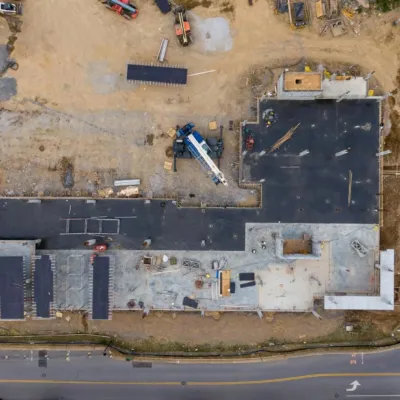
Commercial roofing experts utilize specialized formulations designed for maximum durability in demanding conditions.

Composed of specialized materials designed to protect and enhance roofing systems, these coatings create a seamless, protective layer across roofing surfaces.
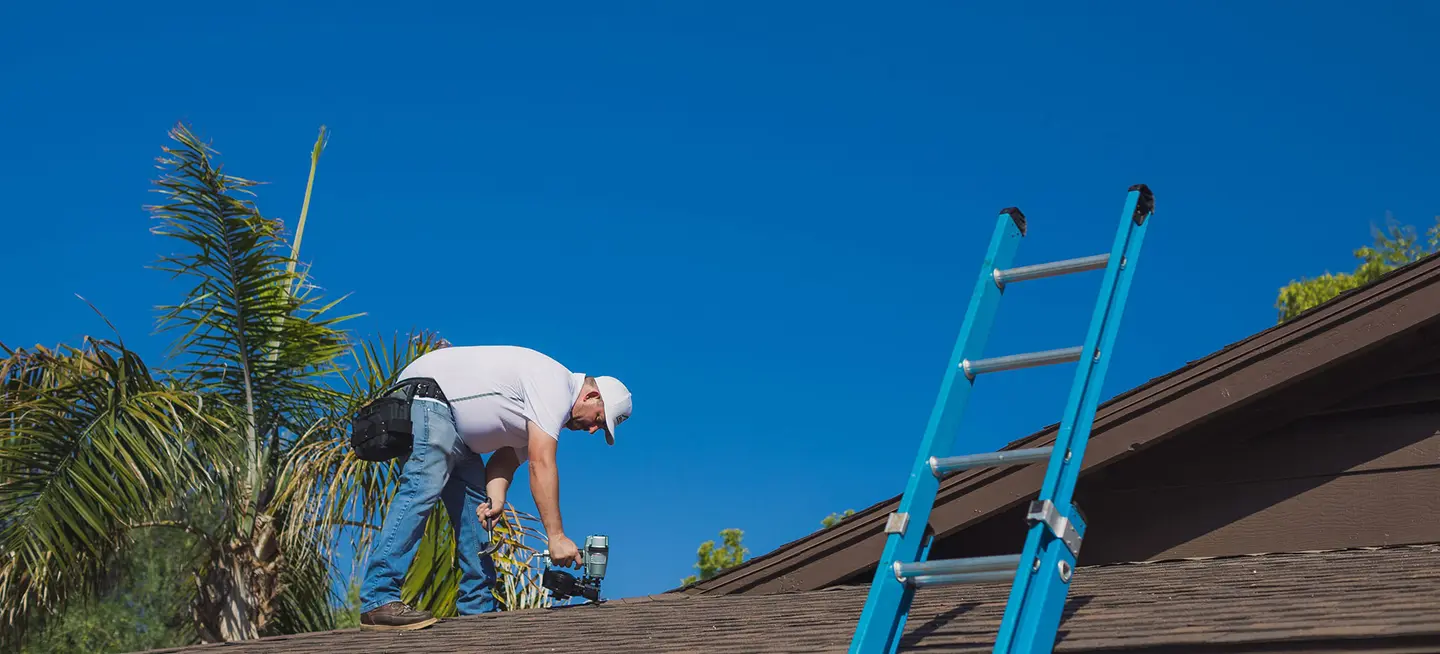
We offer solutions for every roof and budget. Call today for a quote. Whether it’s a roof installation, roof repair, or roof maintenance, our team is ready to help.